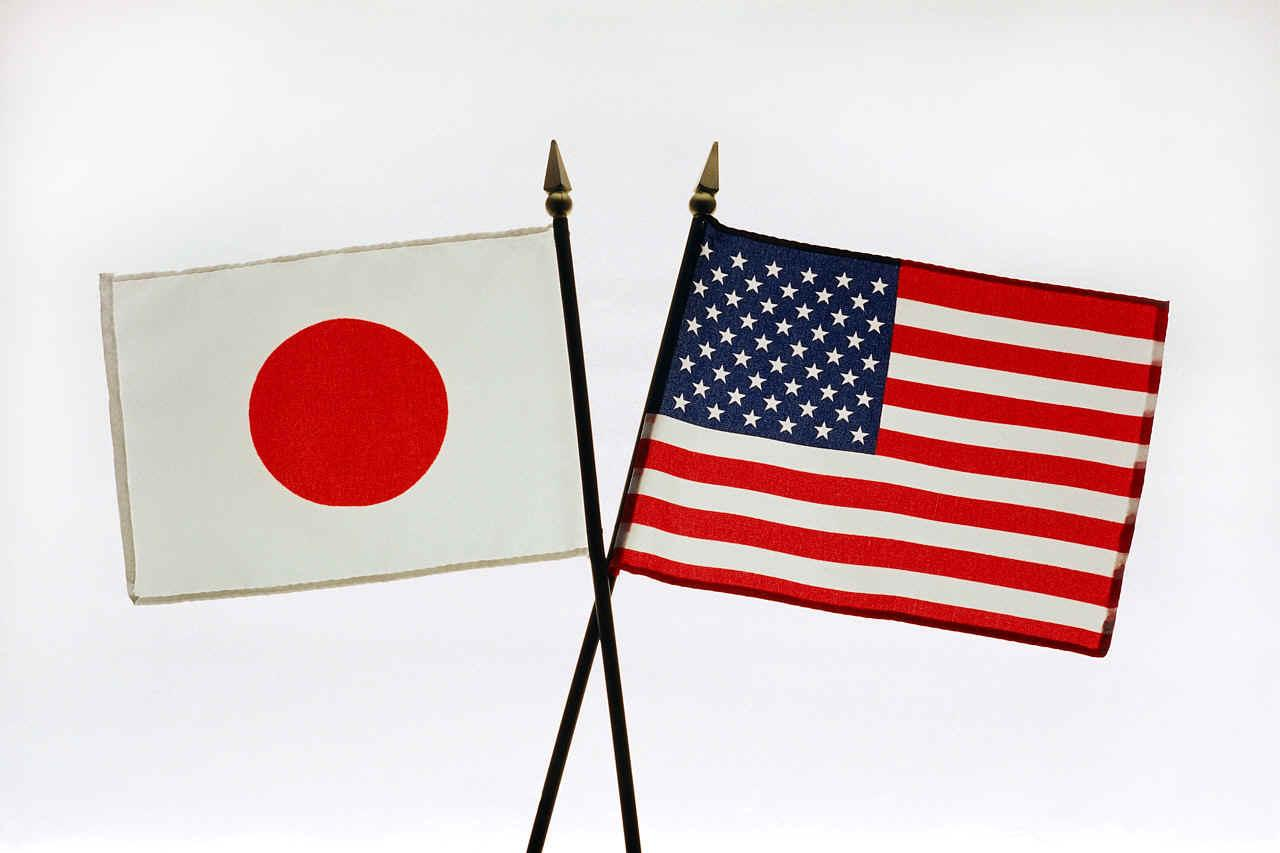
- •Предисловие
- •Unit 8. National stereotypes
- •8.1. Listening Development
- •8.2. Vocabulary Enrichment
- •8.3. Reading Improvement
- •The English and the French
- •The English through English Eyes
- •The English through French Eyes
- •The Americans and the Japanese
- •Americans through American Eyes
- •Americans through Japanese Eyes
- •8.4. Writing Enhancement
- •8.5. Speaking Reinforcement
- •Active vocabulary Unit 8. National Stereotypes
- •Unit 9. Countries and capitals
- •9.1. Listening Development
- •9.2. Vocabulary Enrichment
- •9.3. Reading Improvement
- •8 Wonders of belarus
- •Isle of tears
- •9.4. Writing Enhancement
- •9.5. Speaking Reinforcement
- •London versus Minsk
- •Unit 9 active vocabulary
- •Unit 10. Business trips. Travelling
- •10.1. Listening Development
- •10.2. Vocabulary Enrichment
- •If you want a good room, you should ……… .
- •I’d like ……… .
- •10.3. Reading Improvement
- •Passengers panic over false crash alarm
- •All aboard the flight from fear
- •10.4. Writing Enhancement
- •How to make a complaint
- •What to say in your complaint
- •Template letter
- •10.5. Speaking Reinforcement
- •Interviewing business travellers
- •Active vocabulary Unit 10. Business trips. Travelling
- •Idiomatic expressions
- •Unit 11. Holidays
- •11.1. Listening Development
- •11.2. Vocabulary Enrichment
- •11.3. Reading Improvement
- •11.4. Writing Enhancement
- •Inquiry letter brecon boating holidays
- •11.5. Speaking Reinforcement
- •Active vocabulary unit 11. Holidays
- •Hotels and Accommodation
- •Idiomatic expressions
- •Unit 12. The theatre and cinema
- •12.1. Listening Development
- •12.2. Vocabulary Enrichment
- •Anthony and Cleopatra at the National Theatre 1998
- •12.3. Reading Improvement
- •Jobs in cartoon animation
- •12.4. Writing Enhancement
- •Outline for a review
- •Introduction
- •Paragraph 2
- •Paragraph 3
- •Is the film recommended?
- •12.5. Speaking Reinforcement
- •Active vocabulary Unit 12. The Theatre and Cinema
- •Unit13on the phone
- •13.1. Listening Development
- •1) Imagine you are calling a company and want to speak to someone who works there. Can you think of any phrases you might use, or that you might hear? Put down these phrases.
- •13.2. Vocabulary Enrichment
- •Telephoning
- •Note: Giving numbers
- •13.3. Reading Improvement
- •Unfortunately there's a problem...
- •Telephoning across cultures
- •13.4. Writing Enhancement
- •13.5. Speaking Reinforcement
- •Active vocabulary Unit 13. Telephoning
- •Unit 14. Business correspondence
- •14.1. Listening Development
- •14.2. Vocabulary Enrichment
- •14.3. Reading Improvement
- •Job search email etiquette
- •14.4. Writing Enhancement
- •14.5. Speaking Reinforcement
- •Active vocabulary Unit 14. Business Correspondence
- •Unit 15. Meetings and negotiations
- •15.1. Listening Development
- •15.2. Vocabulary Enrichment
- •15.3. Reading Improvement
- •15.4. Writing Enhancement
- •15.5. Speaking Reinforcement
- •Meeting - agenda setting quiz
- •Active vocabulary Unit 15. Meetings and Negotiations
- •Useful English Phrases for Participating in a Business Meeting
- •Introducing the Agenda
- •Unit 16. Presentations
- •16.1. Listening Development
- •16.2. Vocabulary Enrichment
- •16.3. Reading Improvement
- •One size fits all?
- •16.4. Writing Enhancement
- •Presentation Scheme
- •16.5. Speaking Reinforcement
- •Active vocabulary Unit 16. Presentations
- •Introduce another speaker
- •Verbs to describe movements and trends
- •References
- •Contents
The Americans and the Japanese



Americans through American Eyes
Values and Core Beliefs. We Americans—the most courageous and dynamic people of the twentieth century—have a lot going for us. Lucky to have been born in God's Country, with its protected geographical position and almost unlimited resources, we have certainly made the best of our good fortune. By conquering a vast continent and taming a wilderness, we have created the world's biggest economy, lead all others in advanced technology, and are the undisputed champions of democracy and free trade. Imbued with the frontier spirit, we Americans work hard, play hard, move fast, and are pragmatic, optimistic, and future-oriented. We seek equality and individual liberty in a land where honest toil makes anything possible and where anyone can become president. The visible achievements and prosperity that make the United States the envy of other lands confirm the reality of the American Dream.
Communication. Americans communicate in a frank, direct manner: we "spell it out," "tell it like it is," and "lay our cards on the table." In other words, we keep things simple and get to the point. We dislike devious discussion, though we may lace our message with humor. The communicative style is friendly from the outset, accompanied by smiles and the use of first names. Disagreements are expressed openly, without beating around the bush. We listen well, especially for technical details.
Social and Business Behavior. Because of the nature of the country's social history, Americans have many easy strategies for meeting strangers. We make friends quickly, seek early trust, and are relaxed about manners and dress. We pride ourselves on being the world's best small talkers. In the United States, different levels of society mingle easily; European-style snobbery is rare.
Americans are the world's best businesspeople—the U.S. economy was dominant for most of the twentieth century and shows few signs of flagging. Among the reasons for this success are the willingness of Americans to think big and to take risks. We are good at sniffing out business opportunities, we move quickly to propose deals, and we put our money where our mouth is. Hardworking and persistent, we place emphasis on competence, and specialists may have their say, free of the hierarchical constraints common in other cultures. Contracts and commitments are binding, and American businesspeople normally stick to what has been agreed. Compared with many nationalities, we Americans work at a breakneck pace and take few holidays when there is a task to complete.
Other. We Americans feel strongly about our mission as world policeman and guarantor of basic freedoms. Our military can be called to arms quickly to defend democracy or trade routes, and at the turn of the twenty-first century, we remain the only true superpower.
Americans through Japanese Eyes
Values and Core Beliefs. Americans are big, not only in their physical size but also in the way they think. Their houses are big, their cars are big, their ranches have thousands of acres. Biggest is generally considered best. They have led the world economically, politically, and militarily since 1945, and we Japanese have no quarrel with that. We are happy to be number two. Americans are well-meaning people who charge ahead with their policies, often dragging us along in their wake. It is good to have them as an ally, but we would be even happier if they tried to understand us better and learned the importance efface.
Communication. Americans always spell out their intentions in quite loud English from the outset. When we don't understand the first time, they spell it out again in even louder English. They can't understand why we are so quiet, and when we lapse into silence, it seems to make them nervous. They then speak again, even though it's our turn. They think we are devious because we are less direct than they are. They often call us "inscrutable," but really, they ought to "scrute" more.
Social and Business Behavior. They are immediately very friendly and open with complete strangers, pumping hands heartily (even violently) and saying they trust us. They are skilled at making small talk at cocktail parties, equaling the British and Canadians in this respect. We prefer restful silence, so we just drink and smile, but they are bigger drinkers than we are. We take them out to elegant restaurants, but they often gobble up their food quickly without showing due appreciation of our porcelain, table and food arrangements, and flowers. We notice they have trouble sitting on the floor. It must be their long legs.
When negotiating, Americans come straight to the point and ask us, "Do we have a deal?" when in fact we may be several months away from making a decision. They are quite happy airing differences of opinion in public, which is not at all our custom. They even differ in opinion among themselves and argue in front of us. They never spend a long enough time in Japan to set up a deal properly, always saying they have a plane to catch. When we know their departure time, we are able to use this knowledge to pressure them with last-minute changes. They seem to have no patience (compared with Asians) and do not understand how long it takes us to achieve a proper consensus. They honor their commitments but are unable to see the advantage of renegotiating contract under certain circumstances. If we break a contract, they take us to court, even though we are good customers. They have more lawyers than we have soldiers!
Other. In spite of frequent misunderstandings and mutual snipping about protectionism, we see that U.S.-Japan trade is the biggest bilateral commerce the world has ever seen.
From The Cultural Imperative by R.D. Lewis
